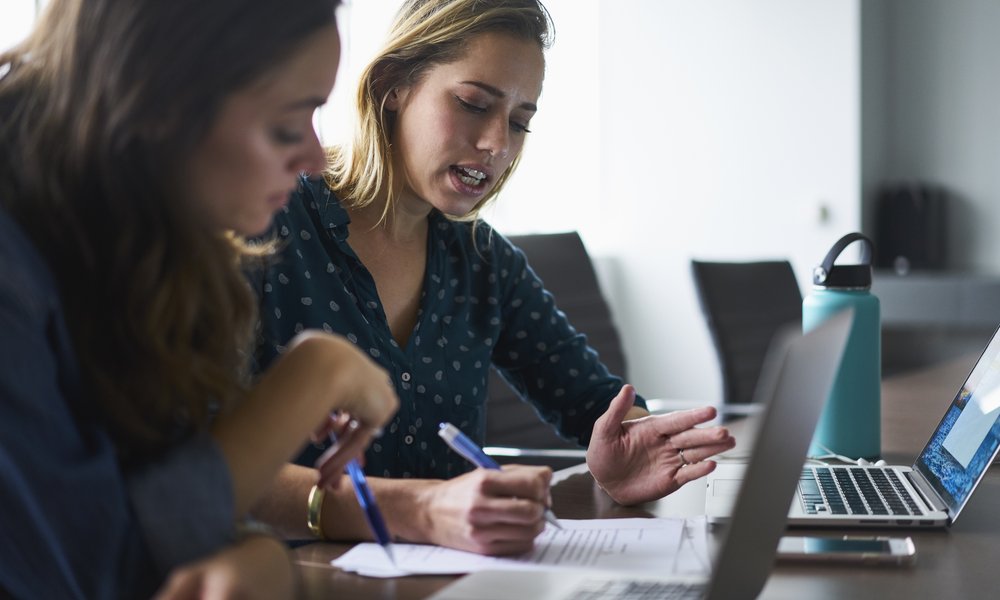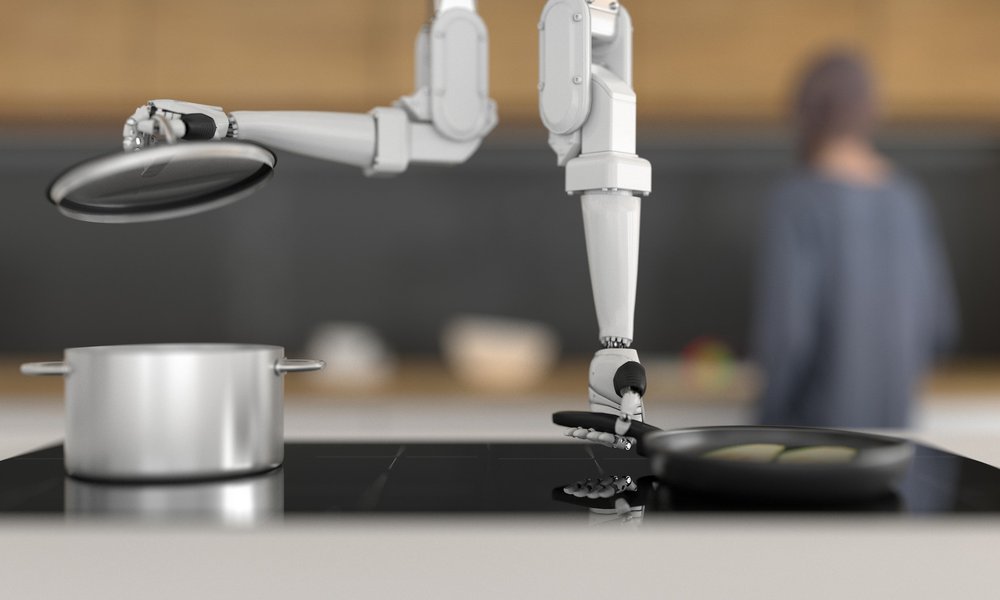Telling the full story…documenting the emancipation of deaf Ugandans
by Dr Goedele De Clerck
27 Nov 2015
It’s the afternoon of 30 September, and I am with my colleague Sam in his office at Kyambogo University, wrapping up a national workshop at which we presented our findings on the emancipation processes of the Ugandan deaf community. After talking to dozens of its members and collecting photos and historical evidence for the first-ever documentation of their heritage, we are overjoyed that the workshop attracted enthusiasm and media interest, especially in its exhibition, The Ugandan Deaf Community’s Coming of Age, and multimedia storytelling presentation, Snapshots of the Ugandan Deaf Community.
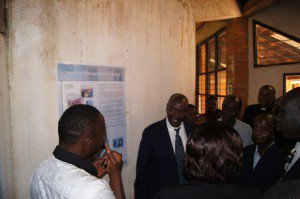
For the exhibition, we had collected over 150 photographs, and presented them in a visual timeline, showing key moments in the emancipation process. We discuss how this had taken a lot more work than we had foreseen, often prompting us to toil through the night in the weeks prior, I mention to Sam that I had often asked myself whether it would really come to fruition. But when I saw deaf Ugandans looking at the pictures of themselves and their heretofore uncelebrated achievements, some of which had never even seen the light, I felt grateful for being able to do this work. Seeing members express their surprise when they recognised themselves in the pictures, and their fascination and pride in what their community had achieved across the decades, I was moved; it seemed that they now had a place in history.
While working on this project with my Ugandan colleagues, Dr. Sam Lutalo-Kiingi and Ms. Bonnie Busingye, I had often realised that we were taking ‘a road less travelled’: the rarity of research with this community and dearth of documentation meant for example having to find alternatives for archives and written resources. This led us to explore photographs and news clippings that community members had kept privately. We also needed to make sure that our exhibition was visually oriented and accessible for deaf Ugandans with limited access to written English, and sustainable for future use, especially for courses at Kyambogo.
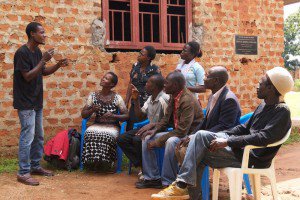
All these things are going through my mind when a few community members come in to see me in Sam’s office about their transport costs, having travelled long distances for the workshop. I take the opportunity to ask how they felt about seeing the results of the project. One of them is long-time activist Mr Edreke Ssendagire, 78, probably the oldest member of this community. He had generously shared his experiences and historical knowledge in dialogues with younger deaf people, which we had documented through film. He stayed until the very end of the workshop, making sure not to miss any part of it. He replies to my question, “You have done great work. However, this is not yet everything. I have told many more stories… You will be telling the full story in the book, right?” I answer that indeed these further narratives will be included in our book on how deaf Ugandans have shaped their lives against the background of a tumultuous history, and woven their collective experiences into an exceptional culture and language. Deaf community members had strongly expressed their need for a book during the research and it does not surprise me that it is a topic of these concluding conversations.
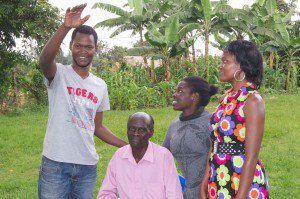
Mr Ssendagire helps me understand that the project is even more significant for Ugandan deaf community members of age, since they urgently want their legacy to be passed on to future generations, to ensure that their descendants continue to make strides toward empowerment. Fortunately, it was still in time for him to share his experiences with the youth, and to learn in turn about their perspectives.
I reflect with him how this exhibition, the first one for Kyambogo’s Faculty of Special Needs and Rehabilitation, seems to have instilled hope among community members that their history, language and culture will be celebrated more widely. These concepts have yet to be as recognised in Uganda as they are in other countries. In this hope, and in his request to ‘tell the full story’ resides an entreaty to continue the work. His words acknowledge the complexity of his community’s progress and the challenges in documenting it, including making sure that storytelling, which can include very sensitive and personal details, is presented ethically in publications. I hope to respond to this appeal and find pathways for proceeding with this research, especially in more rural regions of Uganda that this project was unable to cover.
To see Mr. Ssendagire’s storytelling and get a glimpse of intergenerational dialogue and deaf cultural heritage in the Ugandan deaf community, visit Snapshots of the Ugandan Deaf Community on the project website, which also presents a digital version of the timeline.
The findings of this British Academy Small Grant project are presented in the book Developing Sustainably? The Ugandan Deaf Community Looking Back and Forward (Fountain Publishers, Kampala, Uganda, forthcoming).
Dr. Goedele A.M. De Clerck is currently a Marie Skłodowska-Curie Fellow at the Social Research with Deaf People (SORD) Group at the University of Manchester, concentrating on cultural diversity and wellbeing in deaf people and sign language communities around the world. She can be contacted at [email protected].

